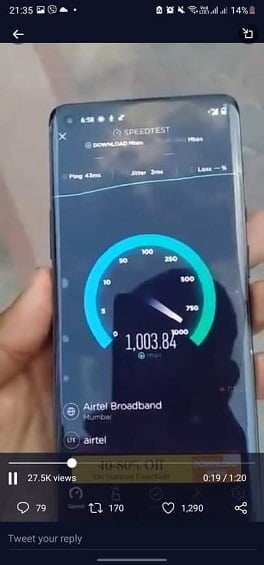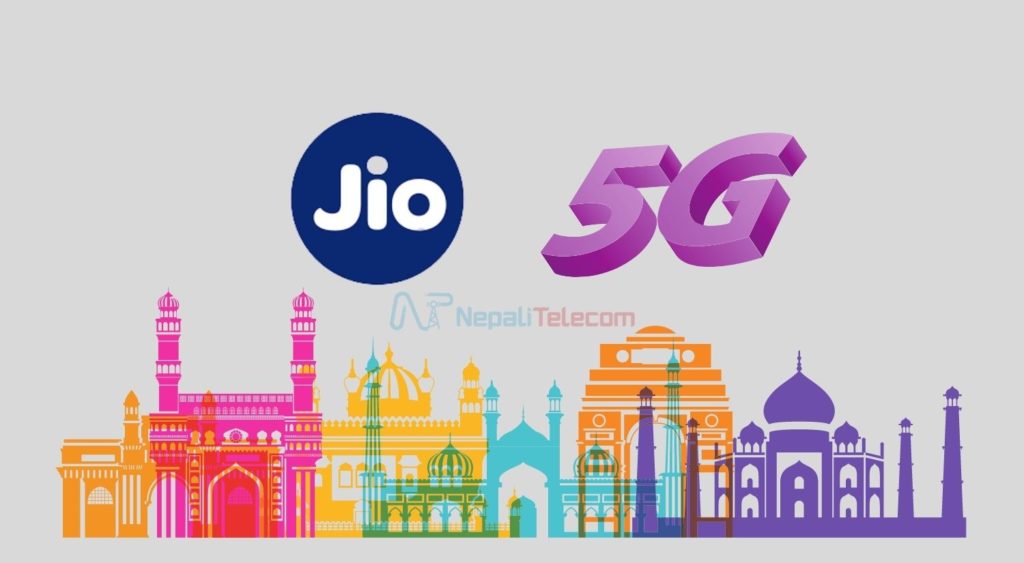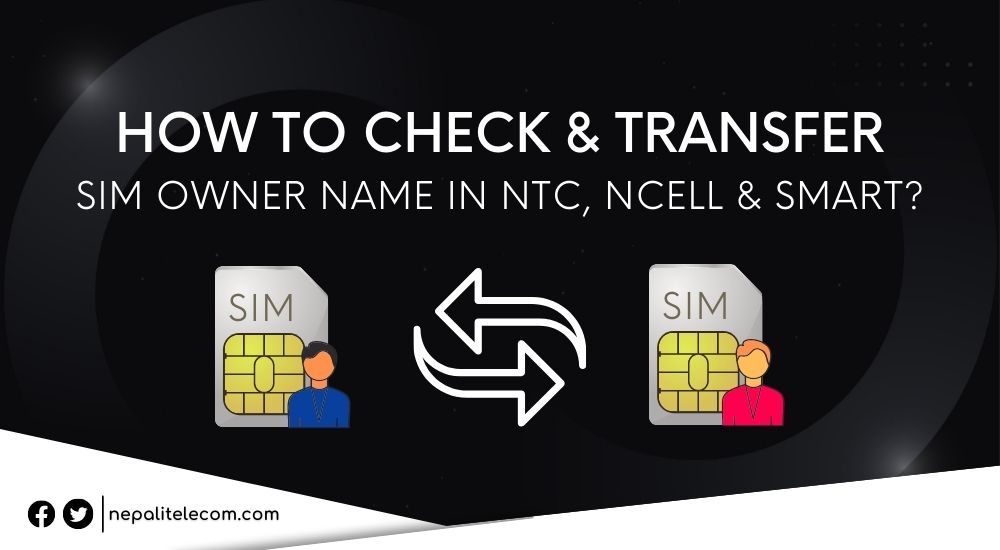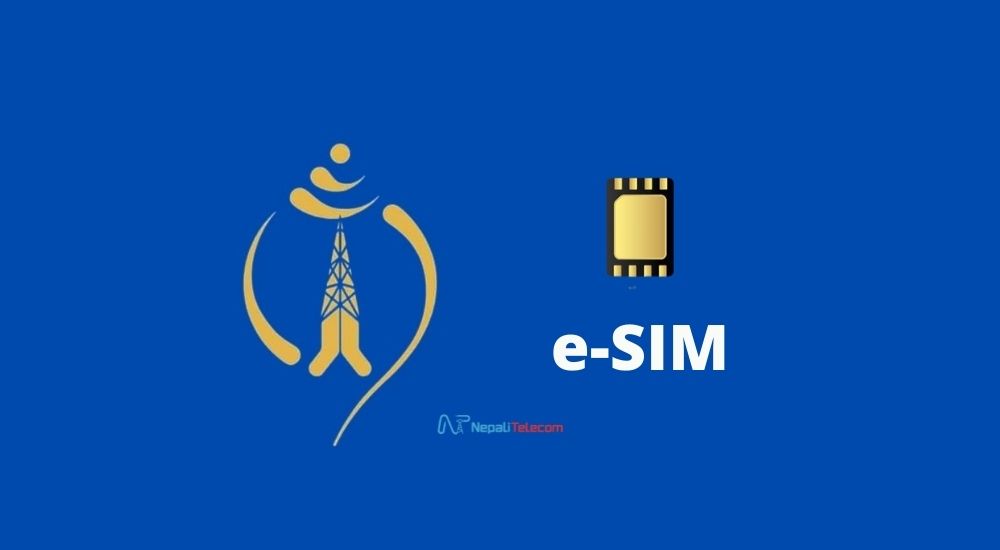India has completed its first-ever 5G spectrum auction with Jio spending Rs 88,078 (INC) crores for the coveted airwaves becoming the highest spender among the 4 operators. The completion of the 4-day bidding allows the world’s second-largest telecom industry to kickstart the revolutionary next-gen cellular standard soon.
The auction held by the Department of Telecommunications had India’s three major telecom players competing – Reliance Jio, Bharti Airtel, and Vodafone Idea. As expected, The Mukesh Ambani-led telco bagged home the highest of airwaves across all 10 bands. The Adani Group, the fresh entry into the bidding took the smallest chunk of frequencies to offer private services.
In the meantime, Indian operators such as Bharti Airtel and Reliance Jio have already run their trails of 5G achieving an exciting 1 Gbps speed. The telcos are now set to go commercial with revolutionary cellular technology in the next few months.

India 5G spectrum auction highlights
The auction made available a total of 72 GHz Spectrum on 10 bands for the fifth-generation mobile standard. This consisted of low bands (600 MHz, 700 MHz, 800 MHz, 900 MHz, 1800 MHz, 2100 MHz, 2300 MHz, 2500 MHz), mid bands (3300 MHz), and high band (26 GHz) frequencies. Meanwhile, the 600 MHz bands found no suitors.
In 5G, low-band frequency is considered ideal for higher coverage, while high-band is regarded for ultra-high broadband speeds but offers minimal coverage. Meanwhile, the mid-band spectrum is much sought after for its ability to enable a potent combination of speed and coverage.
The historical auction generated a staggering Rs 1,50,173 (INC) crore for the government.
India’s Telecom Minister Ashwini Vaishnav said a total of 51,236 MHz of Spectrum in 10 bands were sold off. This accounts for 71 percent of the total 72,098 MHz offered.
The winners will have the spectrum for 20 years. To make it easier for the telcos, the government has allowed them to pay for the airwaves in 20 separate installments after it adopted the policy of zero Spectrum Usage Charges (SUC).
| India 5G Spectrum Auction | Spending (INC) | Spectrums/Bands |
| Reliance Jio | Rs 88,078 crores | 24,470 MHz, in 26 GHz/3,300 MHz/1,800 MHz/800 MHz/700 MHz bands |
| Bharti Airtel | Rs 43,084 crores | 19,867 MHz, in 26GHz/3,300 MHz/2,100 MHz/1,800 MHz/900 MHz bands |
| Vodafone Idea | Rs 18,700 crores | 6,228 MHz, in 26 GHz/3,300 MHz/2,500 MHz/2,100 MHz/1,800 MHz bands |
| Adani Group | Rs 212 crores | 400 MHz in 26 GHz band |
Also read: 5G Users to Exceed 1 Billion in 2022, India to Add 30 MN
Jio triumphs for 5G revolution
The top spender Jio acquired 24,740 MHz airwaves across 5 bands consisting of all the low, mid, and high-band (mmWave) 5G networks. The telco now has at its disposal resources to offer 10 times more speed than 4G. The high-capacity network also offers a lag-free low latency network with industry application potential. It spent Rs 88,078 crores (INC) for the spectrums in total.
Commenting, Jio, India’s largest telecom firm, said it acquired spectrum in the 700 MHz, 800 MHz, 1800 MHz, 3300 MHz, and 26 GHz bands, which will enable it “to build the world’s most advanced 5G network”.

“Launched just six years ago, Jio has created multiple world records during its rollout of the largest 4G network in the shortest period of time. Jio’s 4G network provides the highest quality, most affordable digital services to over 400 million loyal and delighted customers. Jio will now raise the bar even further with its 5G services,” the company said in a statement.
Importantly, Jio also acquired the prized 700 MHz low-band 5G spectrum. These airwaves offer signals up to 6 – 10km range from a single cell tower. This vital resource enables the company for offering reliable network experience in 22 zones in India.
Do read: 3GPP Approves Specification of Upper 6 GHz band for 5G
Airtel, and Idea, take their share
Similarly, Bharti Airtel won a total of 19,867.8 MHz of spectrum across five bands. The telco was the second-highest spender at the auction spending Rs 43,084 crores (INC).
Vodafone Idea, the third-largest telecom player in the country acquired 6228 MHz of airwaves. The telco shared that it acquired 5G spectrums in both mid-band (3.3 – 3.67 GHz) and high-band (26 GHz) spending Rs 18,799 crores (INC).
Gopal Vittal, MD, and CEO of Bharti Airtel said, “This spectrum acquisition at the latest auction has been a part of a deliberate strategy to buy the best spectrum assets at a substantially lower relative cost compared to our competition”.
He expressed confidence “to deliver the best 5G experience in terms of coverage, speeds, and latency.”
Adani Group seeks limited 5G business
Likewise, the Adani Group bought spectrum in the 26 GHz band. The high-band (mmWave) network is only suitable for private networks for end-to-end communication services. There are reports that the conglomerate will use the frequencies for services in six states – Gujarat, Mumbai, Andhra Pradesh, Karnataka, Tamil Nadu, and Rajasthan.
The Gautam Adani-led company spent Rs 212 crores (INC). on its first-ever 5G investment acquiring 400 MHz spectrums. This accounts for less than one percent of the total spectrums sold during the auction.
Earlier, there were speculations that India’s richest man would stage a contest against India’s top telco Jio at the auction after it emerged that the Group was participating in the 5G auction. However, the company issued a statement that it would bid on a smaller chunk of Spectrum and wasn’t seeking commercial services. And that’s what the company did quashing the hopes of an exciting head-on in India’s telecom market.
Likewise, the telecom minister Mr. Vaishnav said that the 26 GHz frequencies will only be for non-public networks in specific areas. “It is a good alternative to fiber for last-mile connectivity.”
Check out: Frequency bands in India for 2G, 3G, 4G, and 5G
Commercial 5G rollout from October
India seeks to bridge the digital divide with next-generation cellular technology. The telecom operators are stipulated to provide 5G coverage in both urban and rural areas so that no one is deprived of advanced cellular broadband connectivity.
“Spectrum purchased is good enough to cover all circles in the country. Coming 2-3 years, we will have good 5G coverage,” Mr. Vaishnav stated.
“With better availability of the spectrum, call quality is expected to improve,” he expressed.
The government of India plans to allocate the spectrums to the telcos by August 10. 5G services will gradually start to launch commercially in October starting with 13 different cities.
What is the highlight for you from the 5G spectrum auction in India? Do share in the comments below.












